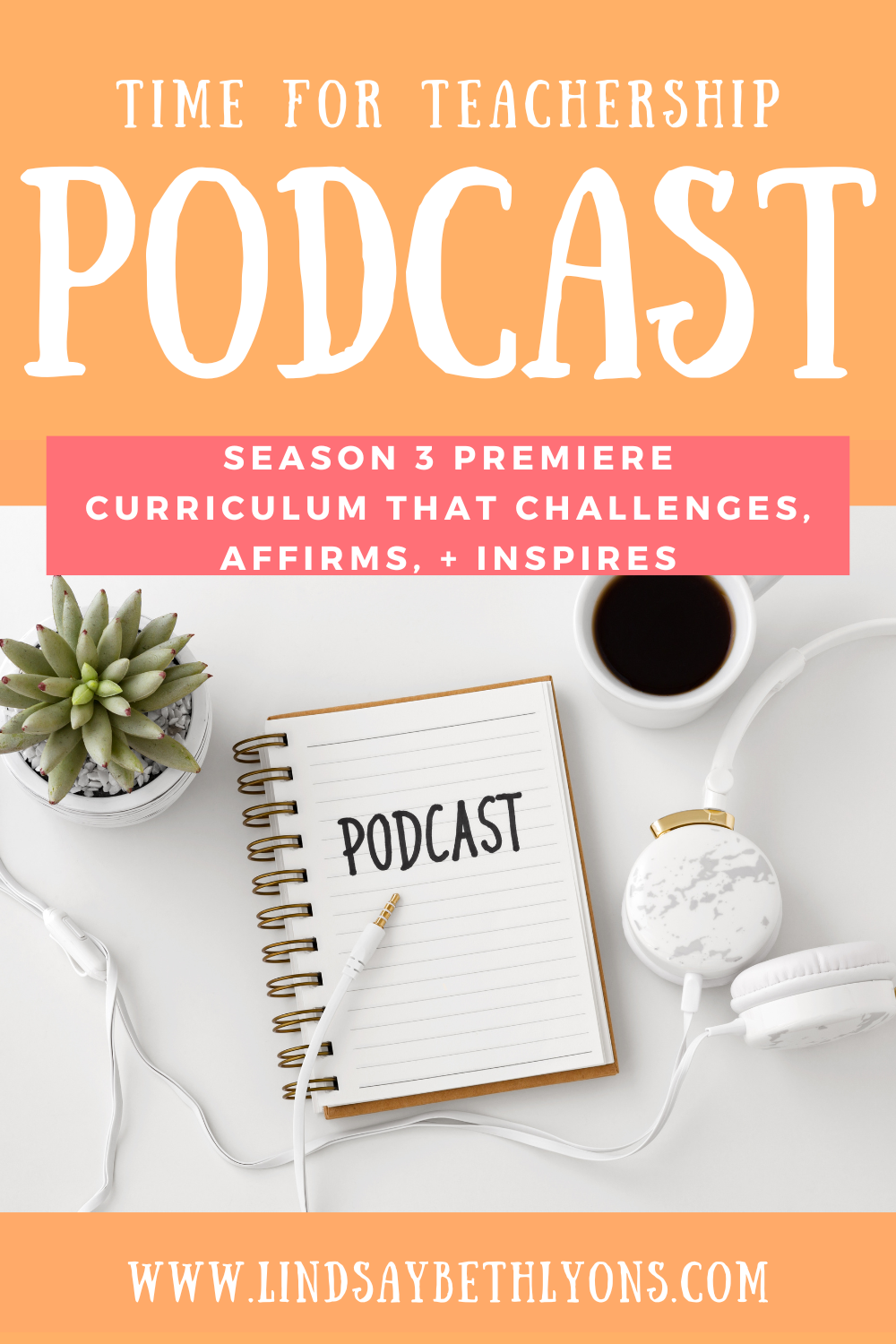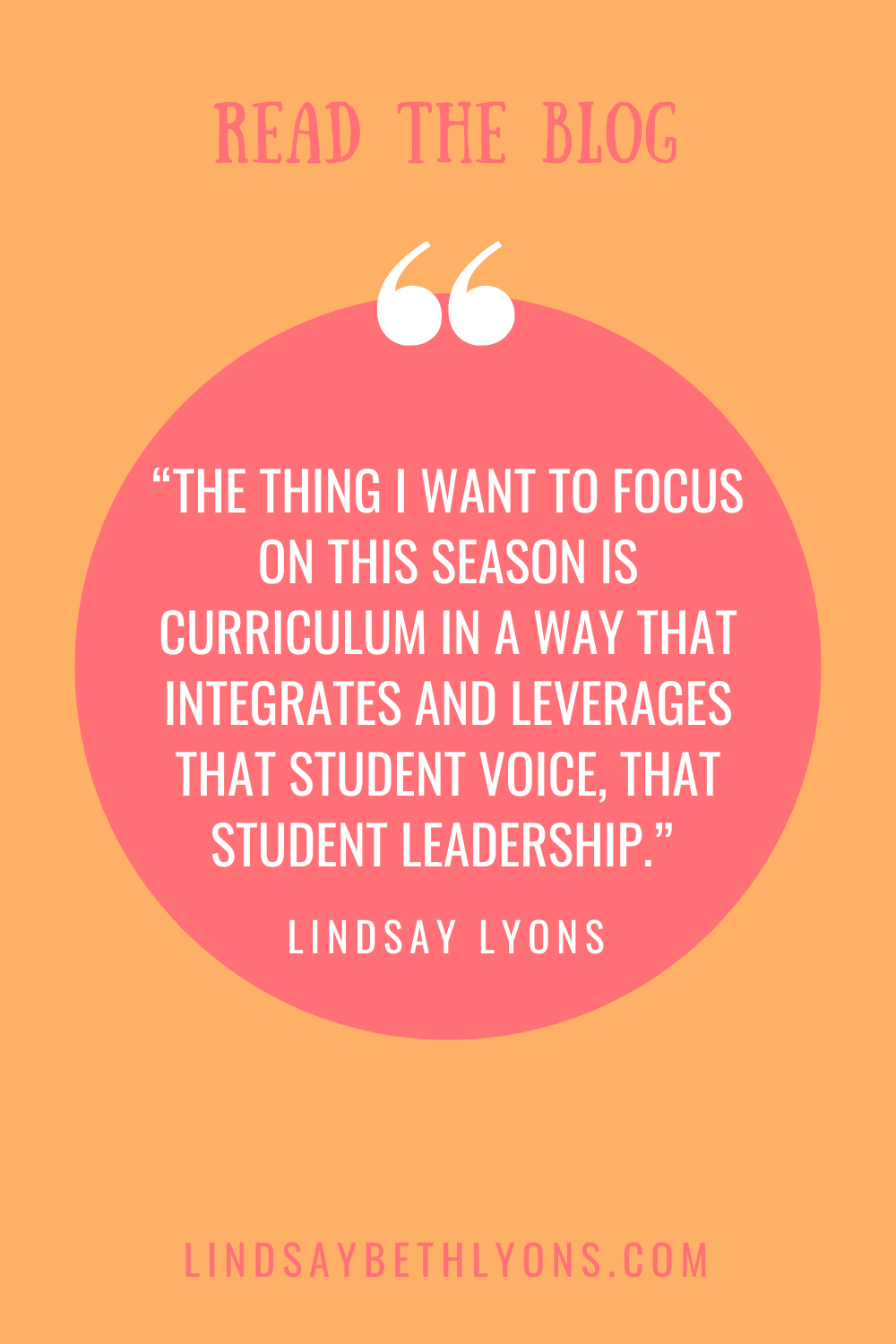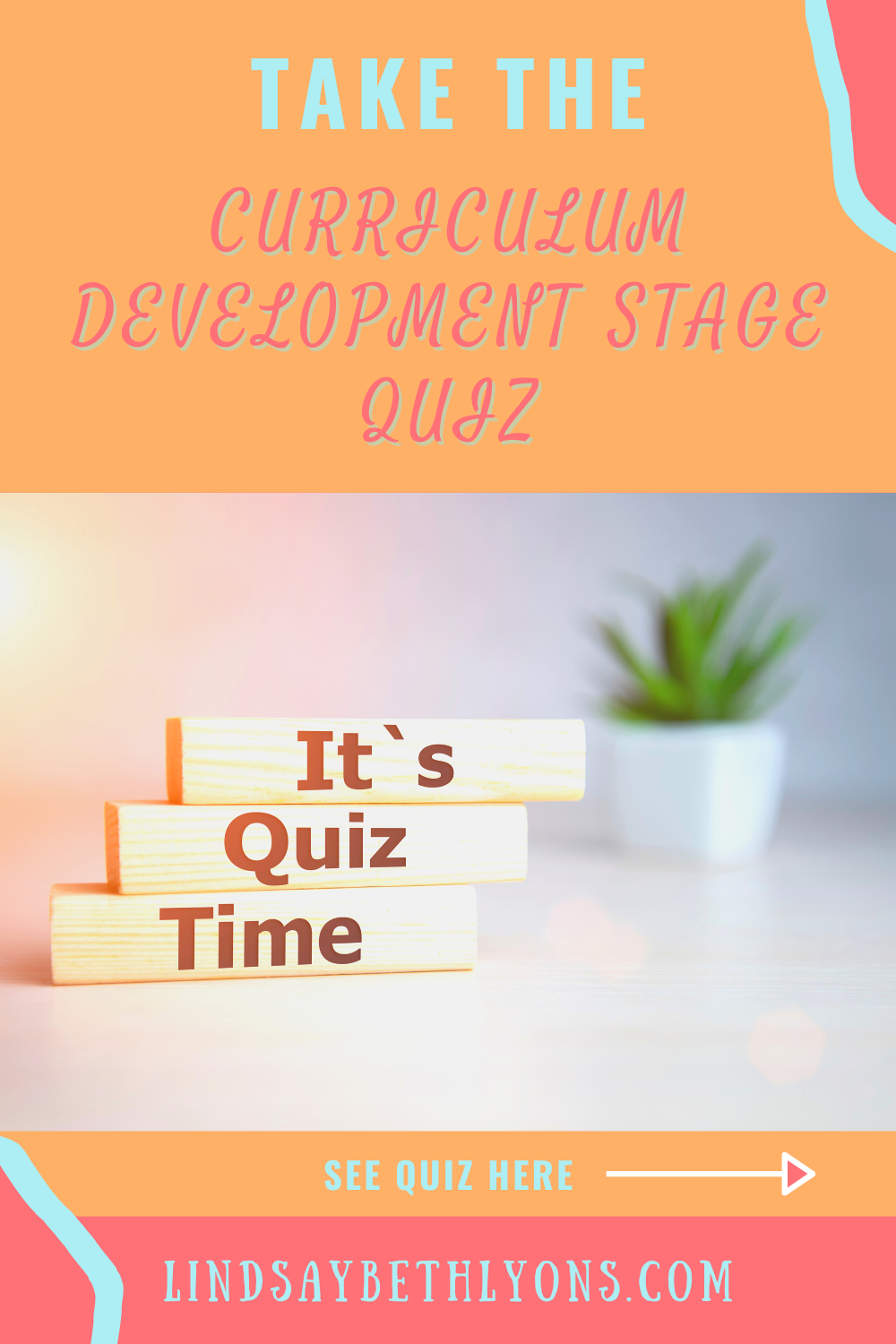|
Listen to the episode by clicking the link to your preferred podcast platform below:
It’s hard to believe that what started as a simple blog a few years ago is now approaching the 100th podcast episode! Time for Teachership has come a long way, and we are excited and ready to launch right into season three. Episode 88 is the intro to season three, and you can have a listen here. We covered everything new and exciting that’s coming up. Season 3 of the Time for Teachership podcast will have two main focus areas:
Curriculum and Instruction The student voice and student leadership has always been at the center of my teaching practice. This season, I want to explore how curriculum and instruction can integrate and elevate student voice. And, taking it further, I want to better define what good curriculum and instruction looks like. When thinking about what makes great curriculum, I came up with the acronym CAI:
District-Level Curriculum Policy Season 3 will feature learning for and from district curriculum leaders. The reason for this is that when change comes from the district level—along with resources and motivation—then teachers are better supported to make change in their classroom. It’s possible to make a positive impact as an independent teacher, but it is both easier and more desirable to do it together in community. So, we’ll focus on what’s happening at the district level and how policy changes there can make impacts in each classroom. Practical Things Along with this new content direction, there are two more exciting developments for season 3 of the Time for Teachership podcast:
Season 3 will also feature more solo “how-to” episodes that walk you through aspects of curriculum or instruction. We’ll also have case studies from educators and teachers who’ve successfully implemented new changes or curriculum into their classroom. There will be some of the regular interviews with inspiring educators, too! So, are you ready? This is going to be a good one. Make sure you’re following along with the Time for Teachership podcast to listen to every new episode that comes out. Thanks for being here—we’re so excited to have you along for the ride. Quotes:
0 Comments
Leave a Reply. |
Details
For transcripts of episodes (and the option to search for terms in transcripts), click here!
Time for Teachership is now a proud member of the...AuthorLindsay Lyons (she/her) is an educational justice coach who works with teachers and school leaders to inspire educational innovation for racial and gender justice, design curricula grounded in student voice, and build capacity for shared leadership. Lindsay taught in NYC public schools, holds a PhD in Leadership and Change, and is the founder of the educational blog and podcast, Time for Teachership. Archives
May 2024
Categories |




 RSS Feed
RSS Feed